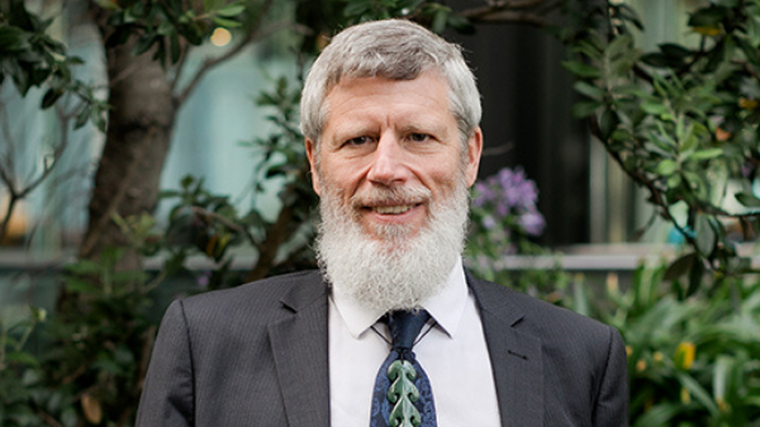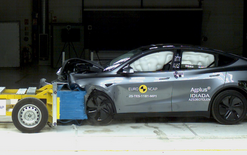Have your say on ‘ambitious’ climate advice

The independent Climate Change Commission has released its draft package of advice to the government on the steps New Zealand must take to drastically reduce greenhouse gas (GHG) emissions and address climate change.
Public consultation on the report and its recommendations has started and runs until March 14.
Dr Rod Carr, chairman of the commission, says the advice is ambitious but realistic, and makes a clear case to government for taking immediate and decisive action on climate change.
“As a country, we need transformational and lasting change to meet our targets and ensure a thriving Aotearoa for future generations,” he says.
“The good news is that our analysis shows there are technically achievable, economically affordable and socially acceptable paths for Aotearoa to take.
“But the government must move faster – and support business, agriculture and community to do the same.”
The commission has spent the past year working on what it describes is “now the most comprehensive strategy Aotearoa has for reducing its emissions and impact on the climate”.
Carr, pictured, adds: “There are a few actions that are critical to meeting our targets – electric vehicles, accelerated renewable energy generation, climate-friendly farming practices and more permanent forests, predominantly natives.
“Our engagements to date have helped us understand the size of our task. We have been incredibly impressed at the level of expertise, passion and ambition that exists in Aotearoa.
“The commission is clear that this is draft advice and is committed to true consultation. Through consultation we are sure we will receive more valuable feedback and are prepared to make changes in light of what we hear.”
The commission’s advice includes the proposed first three emissions budgets for New Zealand and recommendations on the direction of the country’s first emissions reduction plan, which provides policy guidance to government on how the emissions budgets could be met.
Also, a review that finds the country’s first nationally determined contribution (NDC) is not compatible with the country’s responsibilities under the Paris Agreement to contribute to global efforts to limit warming to 1.5C above pre-industrial levels.
Then there is a consideration of what potential reductions in biogenic methane might be needed by 2100. The result is biogenic methane will need to continue to fall in the second half of this century. This work does not review current targets.
For details on how to make a submission on the report, visit climatecommission.govt.nz





